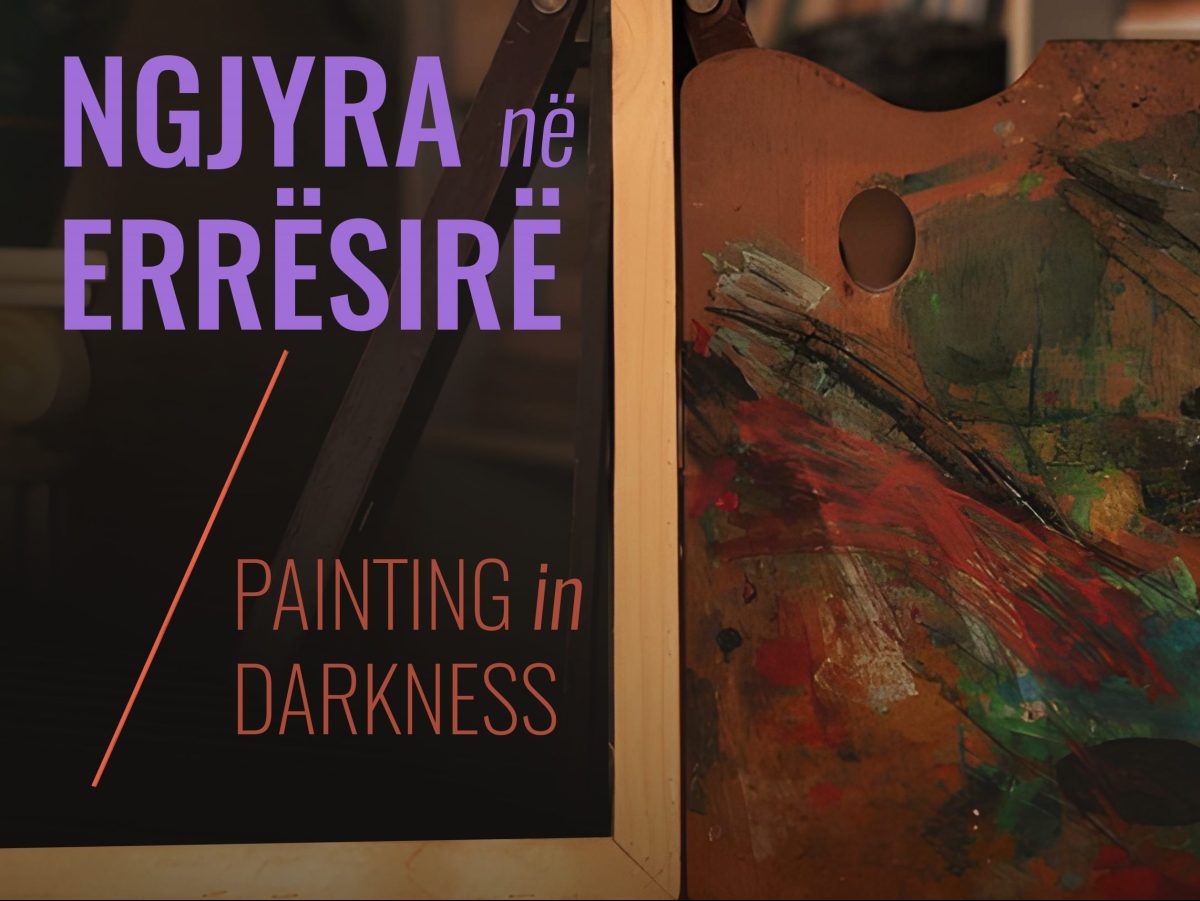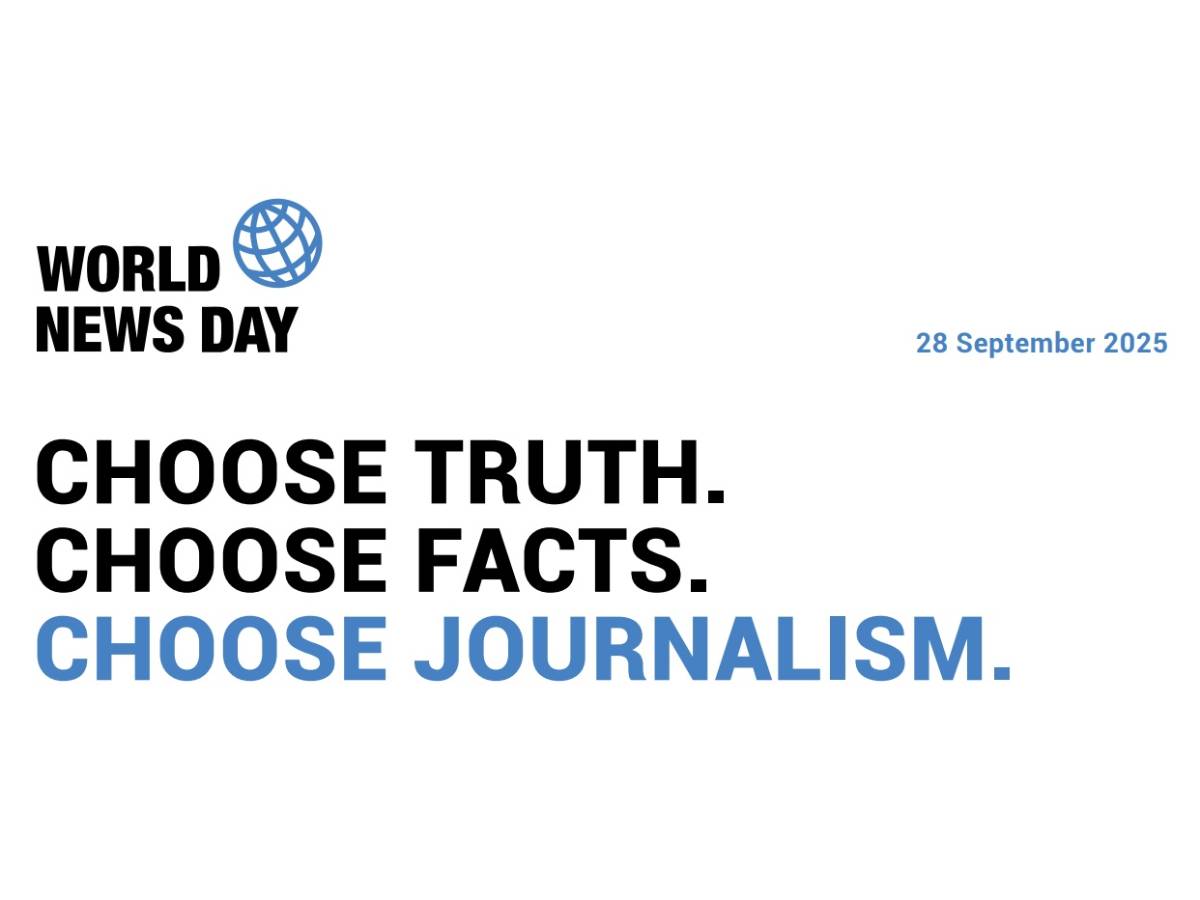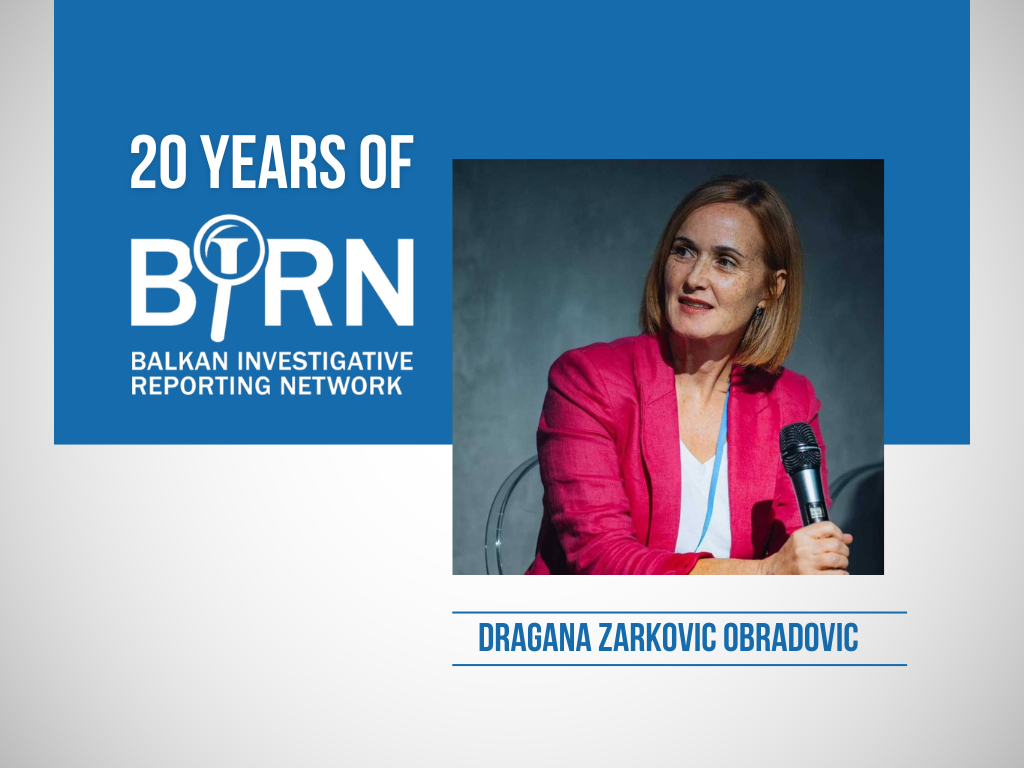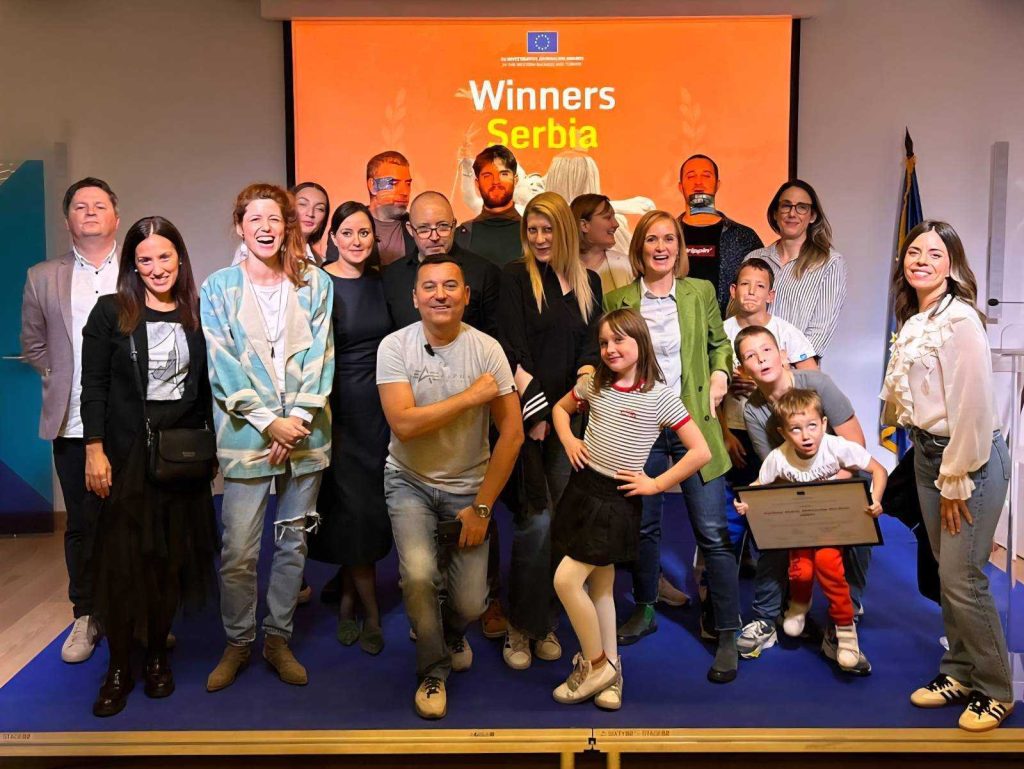Lead Applicant’s Name:
Balkan Investigative Reporting Network – BIRN Kosovo
Co-applicants:
Advocacy Center for Democratic Culture (ACDC)
Jahjaga Foundation
The Institute for Security and Resilience – PREVENT
Internews Kosova (I/KS)
The Balkan Investigative Regional Reporting Network (BIRN HUB)
Donor:
The Matra and Human Rights Fund
Swiss Agency for Development and Cooperation (SDC)
Short Summary:
The project addresses the lack of trust between communities, civil society, and law enforcement in northern Kosovo, and the systemic underrepresentation of women in security institutions. It fosters community engagement, strengthens gender inclusion, and promotes inclusive dialogues with the K-Serb community including women to ensure their concerns shape security policies. These issues, identified in Kosovo’s National Strategy on Gender Equality and European Commission reports (2023), undermine public safety, trust, and institutional resilience as well as enhance accountability and community-police relations.
Project goal:
The project aims to enhance transparency and accountability of law enforcement in northern Kosovo by strengthening trust and cooperation between communities and police through inclusive dialogue, multi-ethnic monitoring initiatives, and the promotion of community policing principles. It encourages citizen reporting, supports institutional accountability, and reinforces the role of oversight bodies such as the Police Inspectorate to ensure more responsive and responsible policing. In parallel, the project works to advance gender equality in Kosovo’s security institutions by increasing women’s participation—particularly from underrepresented communities including northern Kosovo—advocating for gender-sensitive policies, and supporting women’s leadership development. By integrating these efforts, the project contributes to building safer, more inclusive, and resilient communities grounded in accountability and equal representation
Target Groups:
- Citizens of Kosovo, with a specific focus on residents of the Mitrovica region
- Media outlets
- Civil Society Organizations
- Kosovo Police
Expected Results:
Result 1 – Increased monitoring capacity of community members and CSO activists through specialized training, enabling them to effectively assess police compliance with legal standards and human rights.
Result 2 – Strengthened communication and cooperation between community members and law enforcement, fostering trust and promoting accountability.
Result 3 – Increased public understanding of the police’s role in ensuring public safety through targeted awareness campaigns and media initiatives.
Result 4 – Improved transparency and accountability of law enforcement through comprehensive monitoring and reporting.
Result 5 – Kosova Women Security Network is established and serves as a sustainable support system for women within security institutions.
Result 6 – Enhanced public awareness of the importance of women’s involvement in security institutions.
Result 7 – Improved policies and practices promoting gender-sensitive recruitment and workplace environments.
Result 8 – A regular Monitoring and Evaluation mechanisms to track progress and address barriers has been created and remains active.
Result 9 – Enhanced the professional and leadership capacities of women in the security sector.
Main Activities:
Activity 1 – Establishing Regional Community Center for Public Safety in Mitrovica (RCCPSMM)
Activity 2 – Establishing a Joint Multi-Ethnic Team and Specialized Training for Community and NGO Members
Activity 3 – Direct Monitoring of Police Work in the Field
Activity 4 – Periodical Reports on Monitored Cases, Including Press Releases, Press Conferences and awareness raising
Activity 5 – Periodical Reports on Monitored Cases, Including Press Releases, Press Conferences and awareness raising
Activity 6 – Identifying and Addressing Women’s Security Concerns in the Northern Part of Kosovo
Activity 7 – A regular Monitoring and Evaluation mechanisms to track progress and address barriers has been created and remains active

















